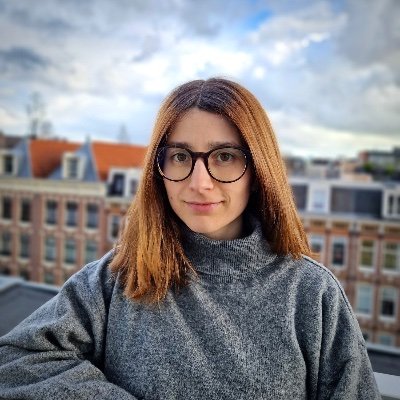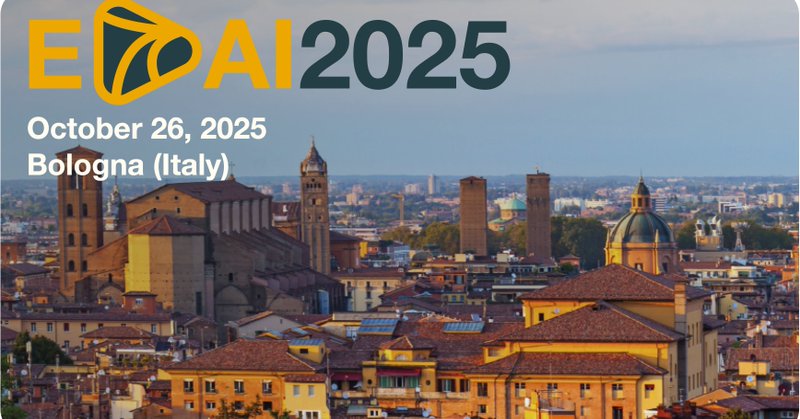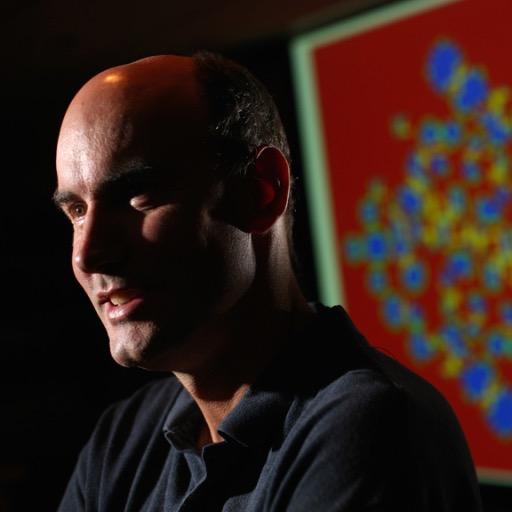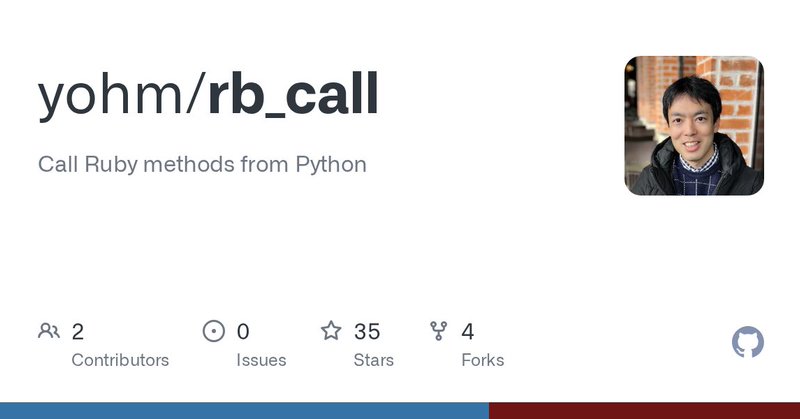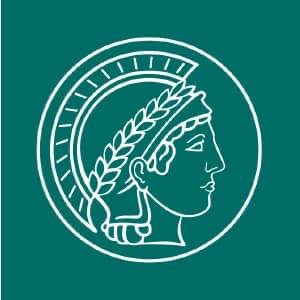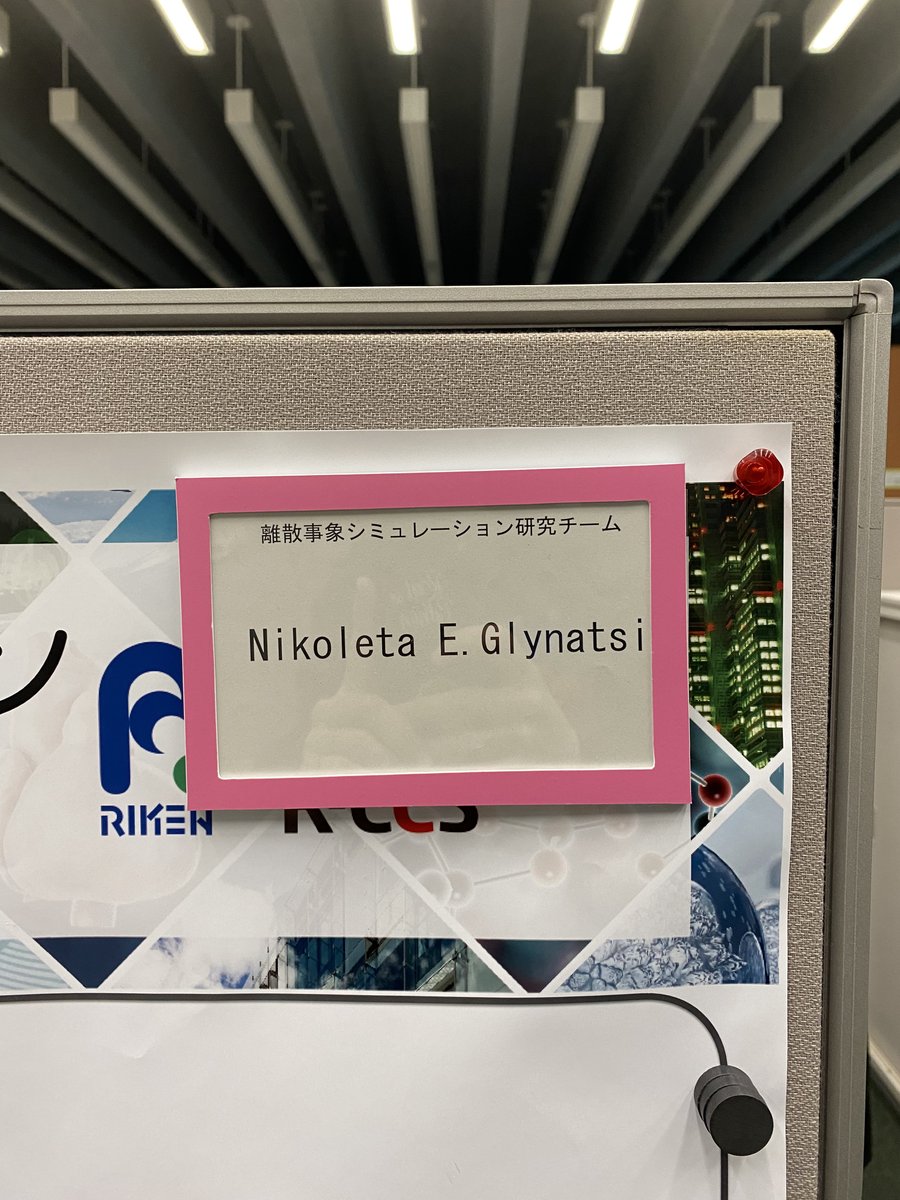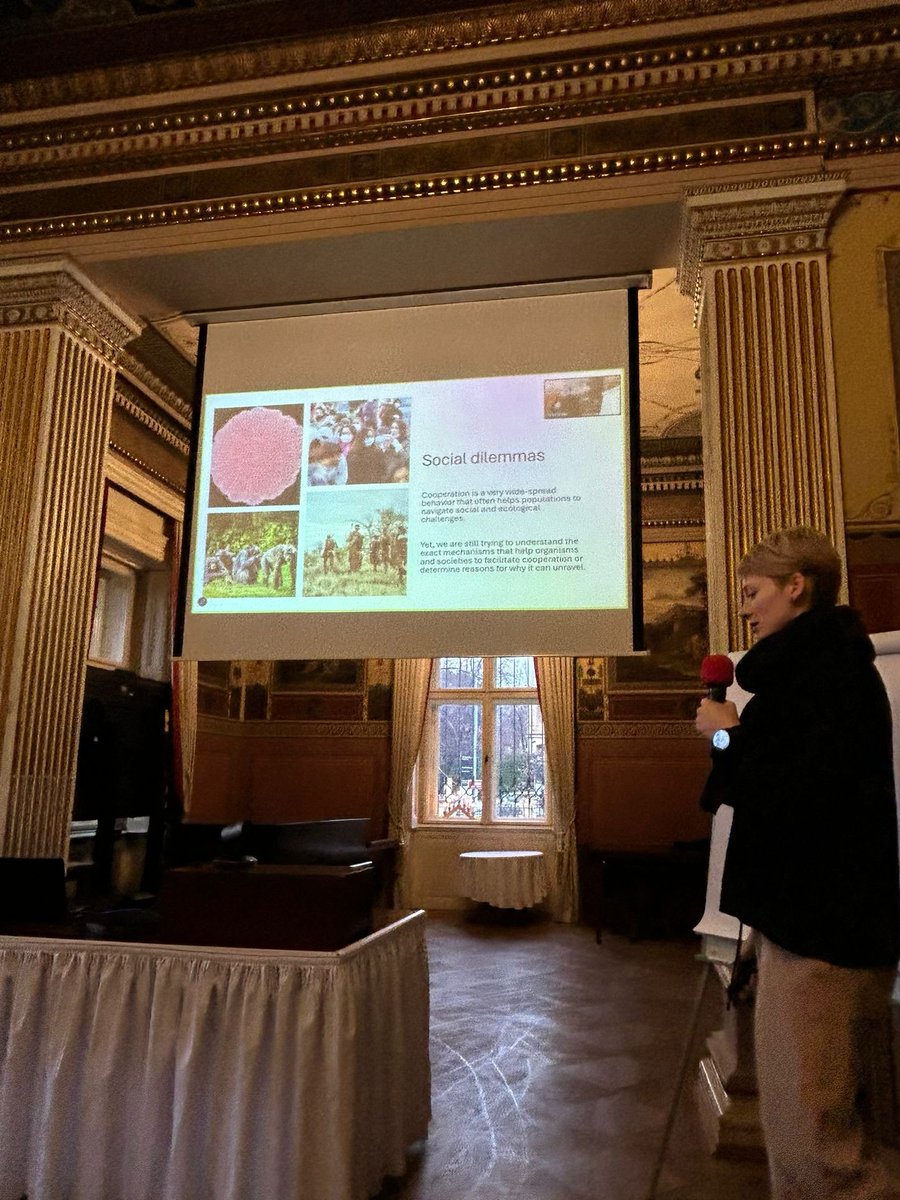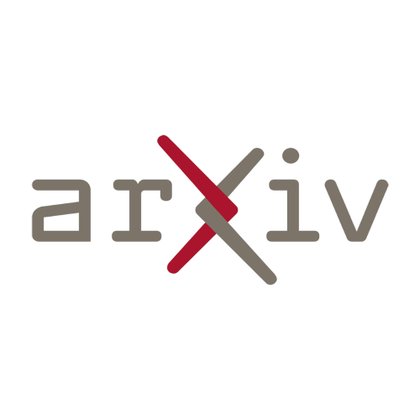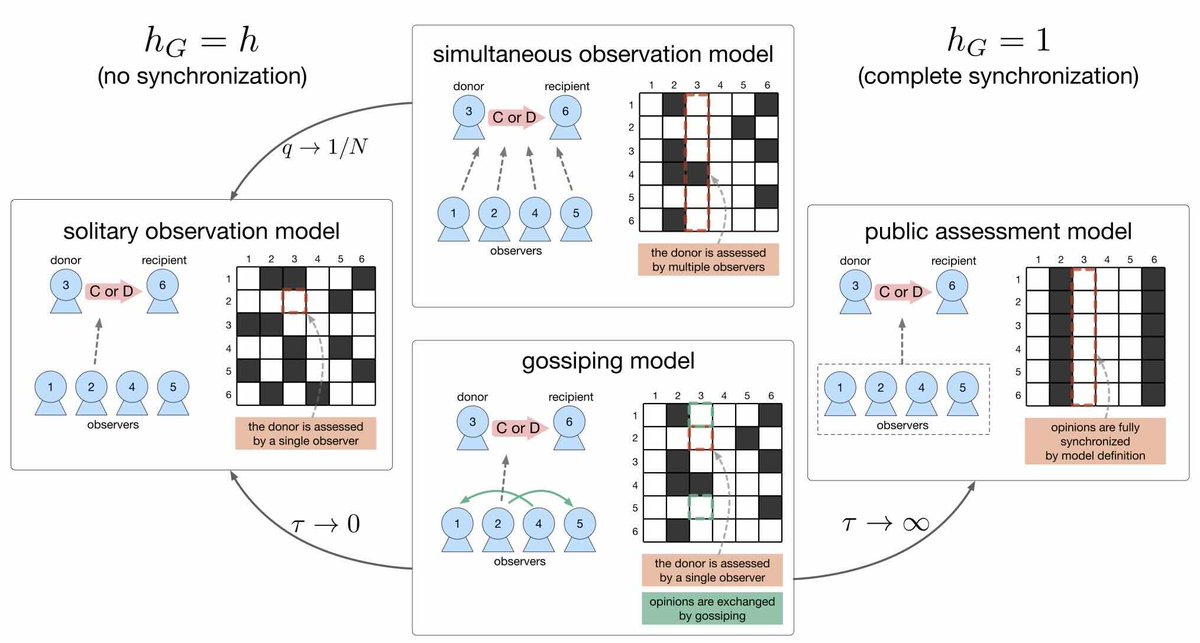
Christian Hilbe
@chilbe3
Followers
904
Following
2K
Media
12
Statuses
703
Max Planck research group leader at @MPI_EvolBio, interested in math, game theory, and cooperation
Plön, Germany
Joined March 2018
We are happy to announce the 3rd Workshop on Evolutionary Dynamics in social, cooperative and hybrid AI #EDAI2025 🤩 📍 Bologna, Italy at #ECAI2025 📆 October 25 or 26, 2025 🗞️ Submission deadline: 17 July 2025 23:59 CET 🔔 Workshop website:
edai-workshop.github.io
Evolutionary Dynamics in social, cooperative and hybrid AI (EDAI) Workshop at ECAI 2025. Dates: 26 October 2025
0
14
26
We are recruiting two PhD students on polygenic adaptation!
0
47
127
Fantastic new article by David Brewster and friends on how different networks maintain diversity @brewster_tw
https://t.co/NKQGOm6Wlp
0
7
29
I updated the rb_call library, which allows you to call Ruby methods from Python code. It now works with the latest version of Python. https://t.co/KmbW41NqTn
github.com
Call Ruby methods from Python. Contribute to yohm/rb_call development by creating an account on GitHub.
0
2
7
A new round of the Lise Meitner Excellence Program for #tenuretrack group leaders opened today - please consider applying! The program aims to recruit and promote exceptionally qualified female scientists. https://t.co/xVJ0D3GhbL
#LiseMeitnerGroups #WomeninScience #ScienceCareer
0
31
79
I’m looking for a new PhD student with a curious and interdisciplinary mindset to work on integrating multimodal data to better understand trajectories of mental and brain health disorders! Deadline of applications: Feb 16! Please spread the word. https://t.co/7el3iWRVj9
1
42
74
Nine PhD positions are open at Max Planck Institute. Come to work with me on modeling of the origins of organismic complexity at the onset of multicellular life. Application deadline is January 26.
0
19
33
Let me take a moment to advertise our recent paper again on @PLOSCompBiol! It was published on December 27th, and understandably, many people didn't get a chance to read it during their holidays 😅
0
9
22
I am genuinely very excited to announce that I am officially a Research Scientist at the RIKEN Center for Computational Science in the Discrete Event Simulation team, led by Nobuyasu Ito! 🇯🇵🗾🗻 @RIKEN_RCCS
6
5
70
🚨 Job alert! 🚨 IT:U is hiring 5 professors (open rank) in Data Science, very broadly defined! Focuses include (among others): 1. Theoretical Foundations of Data Science 2. Data Science in Biological Systems 3. Data Science in Human Mobility https://t.co/tLJixa7bwh 1/2
1
14
32
In an exciting new paper, we identify partner strategies among reactive strategies with longer memory. Partner strategies ensure mutual cooperation without exploitation. @NikoletaGlyn @chilbe3
https://t.co/qgrwcihekE
2
9
41
This afternoon we have another keynote talk by @mariakleshnina on Resilience in the evolution of cooperation and measuring the effect of inequality! 📜🏛️ #EvoGamesPlus
0
2
10
A very nice journey with a great ending: In a new paper, @NikoletaGlyn describes how longer memory allows people to sustain reciprocal cooperation. For details, see 🧵 below 👇 Paper:
pnas.org
Direct reciprocity is a wide-spread mechanism for the evolution of cooperation. In repeated interactions, players can condition their behavior on p...
🚨Together with Ethan Akin, @DrMANowak & @chilbe3 our new paper published in @PNASNews characterizes partner strategies (Nash strategies that sustain cooperation) for reactive-n strategies in repeated games 🧵 📜 https://t.co/drzwhaOwWk
0
7
18
We are accepting expression of interest for @LeverhulmeTrust Early Career Fellowships at @TeessideUni I would love to support applications related to prosocial behaviours in humans and in hybrid human-AI systems. Pls get in touch if interested https://t.co/TcXK1IDKh9
0
3
10
Opinions tend to become strongly correlated, for example, when social interactions are widely observable. Alternatively, they become correlated when individuals use gossip to synchronize their views. Here is an open version of the paper: https://t.co/H2RcTZmJBj
arxiv.org
Indirect reciprocity is a key explanation for the exceptional magnitude of cooperation among humans. This literature suggests that a large proportion of human cooperation is driven by social norms...
0
0
4
These correlations depend on the structure of social interactions, but also on the social norm in place. We find that a norm can only sustain cooperation if the resulting opinions of different community members become sufficiently correlated.
1
0
2
Even if a given social norm is successful in one scenario, it might be unstable in another. In our paper, we try to organize these different findings by looking at a key variable: the extent to which individual opinions turn out to be correlated (synchronized).
1
0
2
Unfortunately, results in this literature often depend on subtle details. In particular, the stability of a norm typically depends on the precise structure of social interactions (how observable individual actions are, or to which extent people engage in gossip).
1
0
2
Some background: The literature on indirect reciprocity describes how people act when their reputation is at stake. It asks which social norms support cooperation, and which norms are stable (such that people have an incentive to follow them).
1
0
2
In a new paper published today in @PNASNews, @yohm13 and I discuss a general framework to make sense of social norms and different indirect reciprocity models. Below is a 🧵, here is the paper: https://t.co/rqDdXSTWSx
2
16
55
